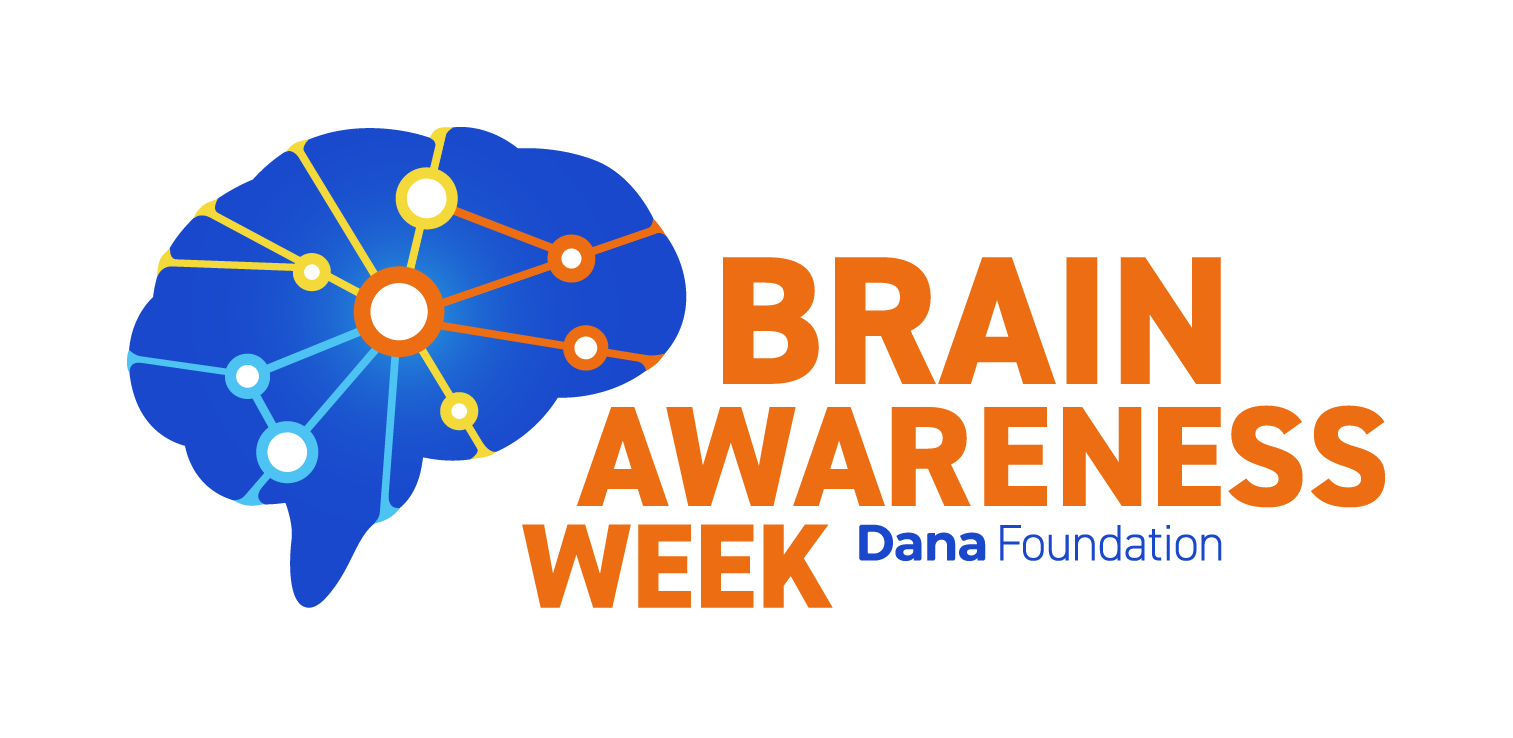BNA Annual General Meeting 2025
1st April 2025
16th Mar 2021

To celebrate this year’s Brain Awareness Week (BAW), 15-21 March 2021, we’re highlighting the British Neuroscience Association’s (BNA) current 'Year of Ageing'. Along with our special BNA2021 programme stream on dementia run by our Festival of Neuroscience partner, UK DRI - with some tips for a healthy ageing brain. Plus, some useful resources!
The latest evidence suggests that up to 40% of all cases of dementia are linked to factors we may be able to influence ourselves – some of them through relatively simple changes to the way we live. Here are some tips that can help keep an ageing brain healthy. . .
Eat a healthy, balanced diet - with plenty of fruit and vegetables.
Stay physically active Physical activity is strongly associated with successful brain ageing. Exercise increases levels of brain chemicals that encourage the growth of neurons.
Our risk of dementia is made up of many complex factors, including our age, environment, lifestyle, health and whether we carry any risk genes. Find out more about the factors here.
“SuperAgers” is a term used to describe people who retain high memory performance even in old age. Click here to read more about what keeps the memories of cognitive “SuperAgers” sharp.
Read more here about how reduced adult neurogenesis is linked with Alzheimer’s Disease
Some recent research suggests that even the apparent slowdown in mental processing reflects, in part, the richer trove of information that the older brain must sort through. Read more here.
For wider resources and information on Ageing, you might like to visit: ukdri.ac.uk, alzheimersresearchuk.org, nia.nih.gov, brainfacts.org, dana.org
The House of Lords Science and Technology Committee has warned that the UK Government is set to miss its own targets on healthy ageing, and needs to act now to achieve its aim of ensuring five extra years of healthy and independent life for people by 2035. The Report, Ageing: Science, Technology and Healthy Living, looks at a wide range of issues around healthy ageing – from cognitive function and health inequalities through to possible solutions that could be delivered through new innovations. Several neuroscientists, such as Barbara Sahakian (Cambridge) and Russell Foster (Oxford) gave evidence to the inquiry.
 Brain Awareness Week (BAW) is a global campaign, founded by The Dana Foundation, to engage and educate the public on the advances and advantages of brain research in a worldwide celebration of the brain!
Brain Awareness Week (BAW) is a global campaign, founded by The Dana Foundation, to engage and educate the public on the advances and advantages of brain research in a worldwide celebration of the brain!
Check out our UK and Ireland events calendar for lots of - mostly FREE - virtual events!